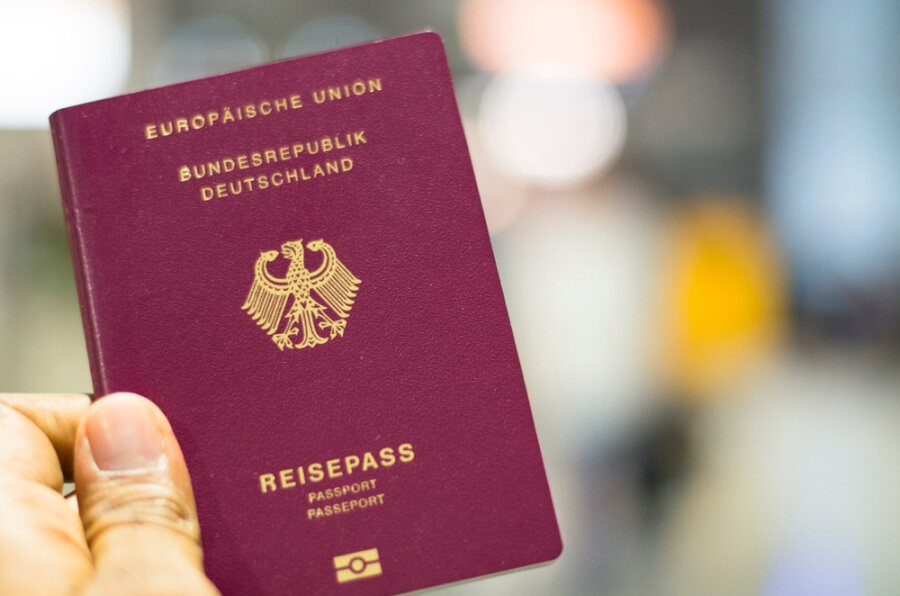German citizenship: What happens if I lose my job during the application process?
Changes to German citizenship law are about to make it easier for residents to get a passport. But given the years-long processing times in many German cities and the strict new rules around Arbeitslosengeld, what happens if you lose your job while you are still waiting for your application to be processed?
Germany prepares to sign citizenship legislation into law
On January 19, members of the Bundestag voted through the new German citizenship law. In the next legislative stage, the law is expected to pass through the Bundesrat on February 2 and should come into effect in early May 2024.
The new law will mean that people who have been resident in Germany for just five years will be eligible for a German passport. They will also be able to keep their original nationality and have dual citizenship. In cases where prospective citizens show impressive achievements in their work and speak German at a C1 level, they will be eligible to apply for citizenship after just three years.
German citizenship applicants will have to prove their secured livelihood
Overall, it is about to get easier for residents to get a German passport and hold dual nationality with their home country. However, the rules around financial independence are set to get stricter.
Under the current law, residents are eligible to apply for citizenship even if they have claimed social security benefits, but only if it is through no fault of their own - for example if you lose your job and you claim Arbeitslosengeld unemployment benefits. However, under the new law, claiming social security benefits (with the exception of Kindergeld) will deem applicants ineligible.
There will only be two exceptions to this rule. This stricter rule will not be applied to members of the Gastarbeiter generation - who came to Germany between the 1950s and 1970s to fill a worker shortage. For all other residents, the only exception will be if the applicant has been employed or self-employed on a full-time basis for at least 20 of the previous 24 months and involuntarily needs to claim social security benefits to secure their livelihood.
What happens if I lose my job after submitting my citizenship application?
While the law is expected to come in from May 2024, worker shortages in Germany's public sector mean that processing times for citizenship applications can take as long as three years in some places.
The combination of these long, uncertain waiting times and unforgiving new rules about claiming social security benefits put many residents in a sticky situation when it comes to deciding when the right time is to submit a citizenship application.
What would happen, for example, if an employed person applied for citizenship in June 2024, lost their job in February 2025 and immigration authorities only began to consider their application in March 2025? When their citizenship application finally reaches the top of the pile, will their case worker consider them employed, as they initially were when they submitted their application, or would they be considered unemployed?
Speaking to IamExpat, immigration and citizenship lawyer Julie Schäfer from Schlun & Elseven attorneys pointed out that this would be a problem for the applicant. “You need to fulfil all [eligibility] criteria [...] at the time of the decision of the authority," Schäfer explained. Therefore, in the case stated above, the person would likely be unsuccessful in their application.
Schäfer added that it is not advisable to change jobs shortly before the decision is made by the authority since having your application accepted is less likely if you are still within the probationary period of your contract. In this case, the authority might put the application on hold and continue it once the applicant is out of their probationary period.

